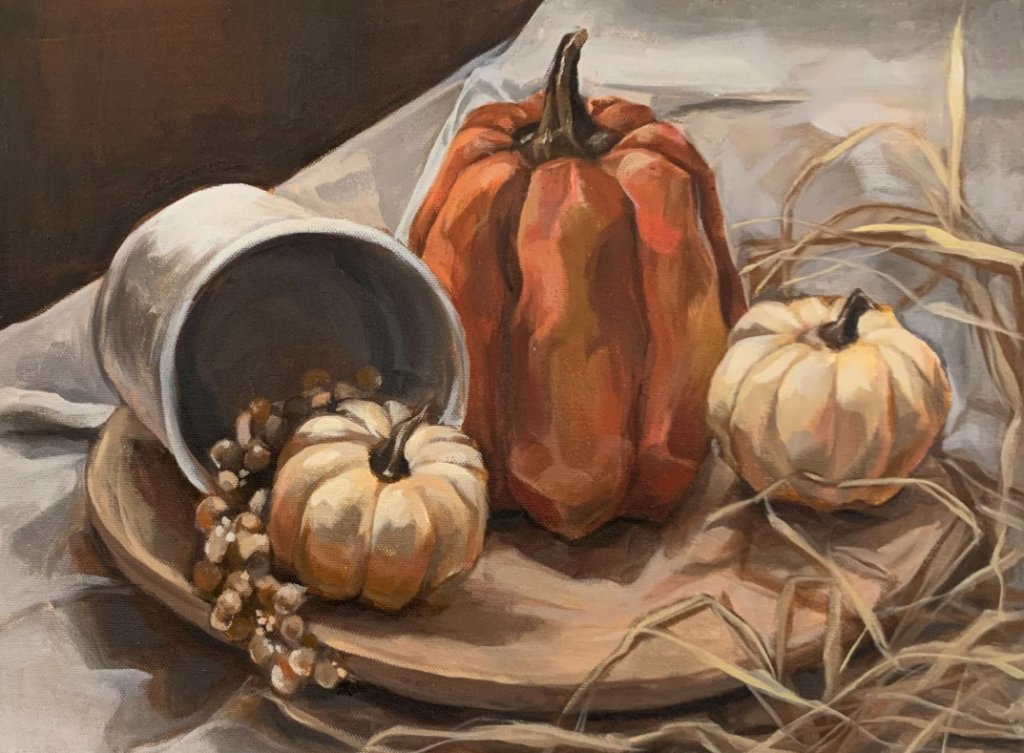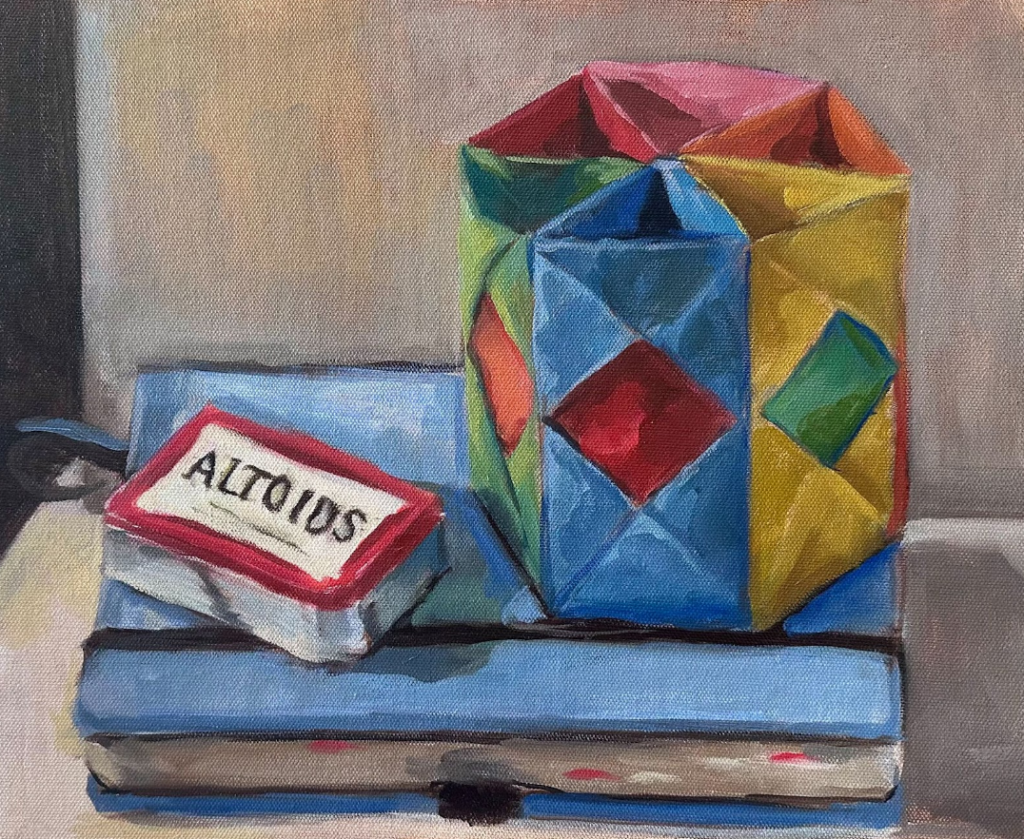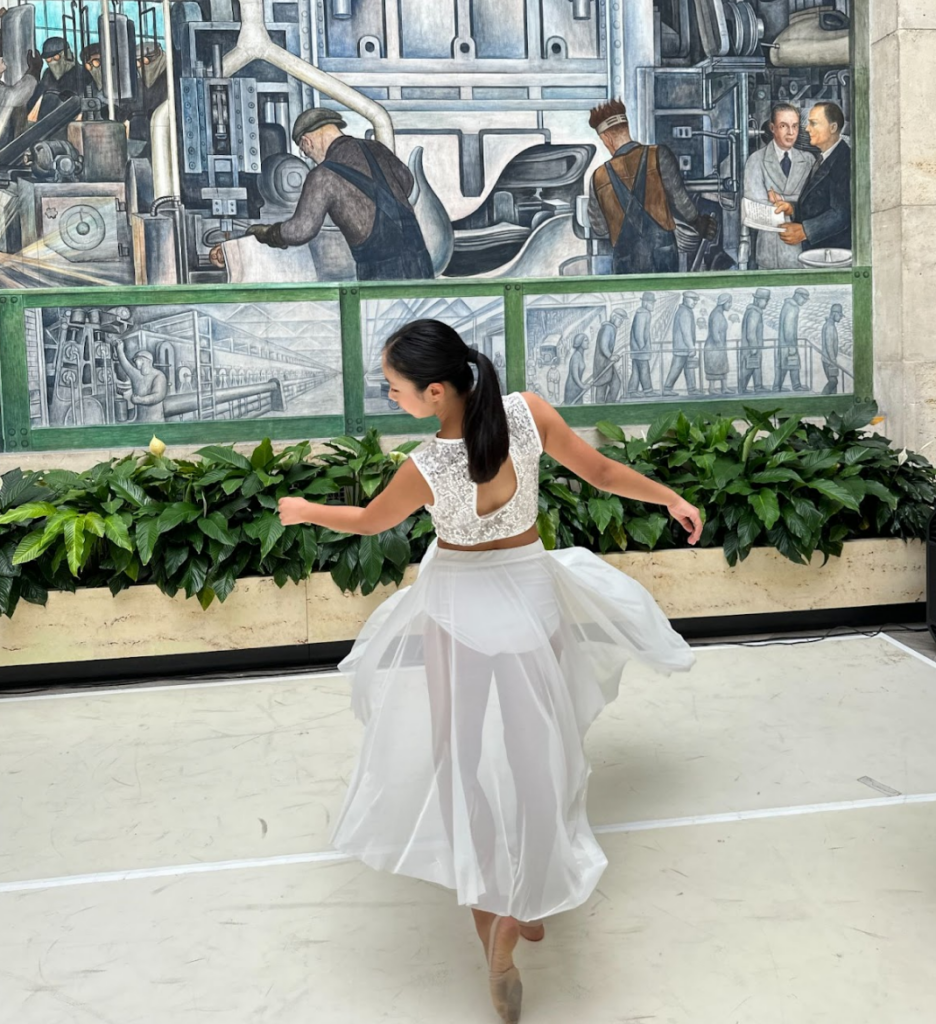More Than a Debater: How Dual Passions Build Unstoppable Humans
By Kirsten Craft
I have a confession. Growing up I was not just a debater. I was also a competitive dancer.
When I was in school this was unusual. None of my debate friends liked my dance friends, my dance friends were constantly frustrated that I missed competitions to attend debate tournaments, and both sets of friends saw no value in the other activity. This was hard for me and caused me to question my identity. Was I a debater or a dancer?
Looking back, it all seems kind of silly. Clearly, I was both, and my commitment to each made me a better competitor. I was just missing it. Thankfully, many of our students already know what it took me years to sort out: doing debate and something else is a value add, not a deficit.
For this article, I interviewed a small group of our students who are deeply invested in debate and other activities. Some were dancers like me, but others were artists, athletes, and avid readers. While their hobbies of choice varied, the lessons they learned that transfer to debate were strikingly similar. Here are three important lessons our multi-passionate debaters had to share.
1. With persistence, confidence can come from failure.
Each debate has a winner and a loser. When you attend a tournament each debate (also known as a round) acts as an independent opportunity to fail. This is scary because when you are new or move up a level, you lose a lot. No one likes to lose, but each loss teaches us something, and because tournaments have so many rounds back to back, debaters quickly get to apply what they learn and hopefully win the next time.
One of our debaters who is also a talented artist and athlete, Kat Xue, explained that through debate she learned that it is okay to be bad at new things. She stated, “Debate has given me so much more confidence to try new things… I was absolutely TERRIBLE when I first started diving, but I just kept doing it. Same goes for my art.” Another debater and dancer, Grace Li, confirmed that new things can be frustrating. She revealed that “learning dances can be very frustrating but so is finding specific pieces of evidence in debate, so I’ve developed an insane amount of patience and persistence for both!”



2. You’re in charge of your performance.
In a debate round, what you say and how you say it can make a huge difference. Judges (even the good ones) can be persuaded when one team seems more prepared and comfortable than the other. Debaters always want to be the better team, but sooner or later all debaters have to go up against a team (also known as hit) that is better than them. This is when performance comes into play.
Through debate, Vidhu Reddy, a football player and debater, learned to act like he was in control, even when a round was close. This has helped him manage his emotions on the field. He said, “During debates sometimes you can get mad, but it’s important to not let your anger get the best of you. This has helped me with playing sports and being sportsmanlike.”
As a dancer and debater, Anaya Doshi stressed that both of the activities she participates in have taught her that she is in control of how she is perceived. She explained, “When I am in debate and dance they build on each other because they both show my confidence and personality. It is about how I am speaking or doing movements.”
3. Learning through any means allows us to learn more about ourselves.
In Public Forum (the style of debate our team does), debate topics (also known as resolutions) change frequently. The National Speech and Debate Association sets topics nationally and some of the topics they select are tough. Most topics are about big questions of global significance that require some serious learning for our students.
Maya Baranidharan, a debater, athlete, and book lover, revealed that the learning aspect of debate is what got her hooked on the activity. She stated, “I love learning. It is why I started debate in the first place.” This love of learning is something that she carries with her in everything she does. She went on to say, “I think it is important to have hobbies that are really different from debate in addition to debate since each one provides you with unique skills. For example, there is overlap between reading and debate since you can learn many things about topics within debate resolutions by reading books and articles about them.”
Adithya Venkatesh, an athlete and debater, confirmed that even when your hobbies seem like they have no overlap, it is still important to participate in activities that make you happy. He confirmed that this can help you really know who you are as a person, “because then you get to understand all your interests.”
Humans first, students second, debaters+ third
Each Potomac debate class, regardless of level, begins with a reminder: students are far more than just debaters. Coaches emphasize that they are people first, students second, and debaters third. However, after many conversations, it is clear that we might need to amend that statement.
Our team is full of exceptional individuals who are not only skilled debaters but also athletes, musicians, artists, and more. From swimming and basketball to cricket and the science olympiad, these students excel in diverse areas. Debate enriches their skills in these pursuits, and their varied passions strengthen their debate abilities. Embracing multiple identities—even if others may not always understand—is a strength, a quality to be celebrated. It’s a superpower.

